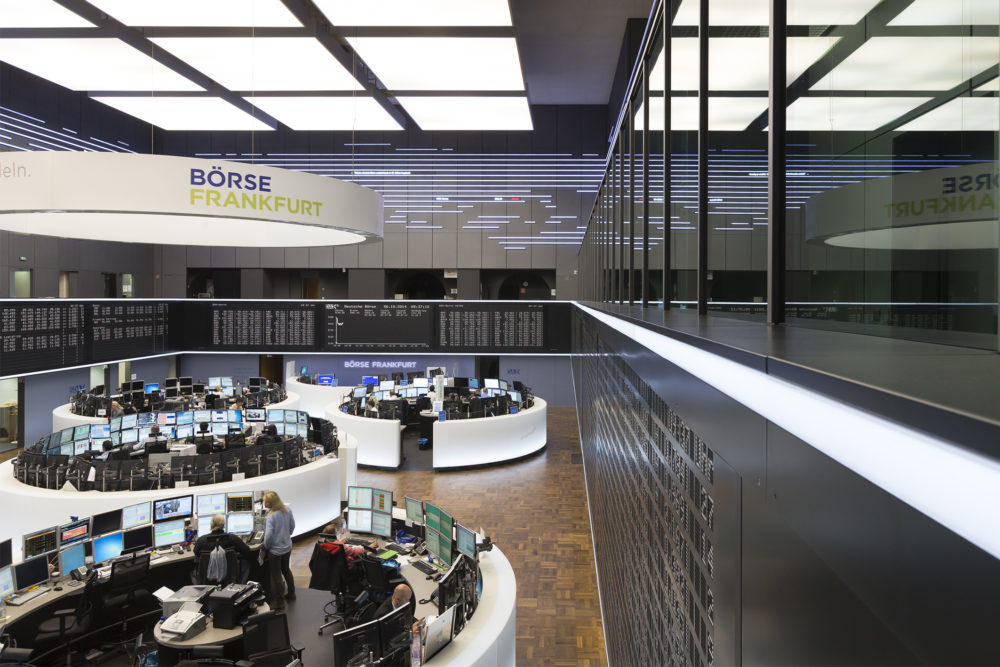BlackRock's global ETF listed on the Deutsche Boerse experienced a flash crash earlier this month as liquidity vanished from the market following the report of US jobs data.
The incident saw the $74.4bn iShares Core MSCI World UCITS ETF (EUNL) briefly fall 5% at 2.30pm Central European Time on 5 April, moments after the key economic data was published.
EUNL’s price jumped back shortly after as market-making activity was resumed on the ETF.
Listings of the largest global equity ETF in Europe on all other exchanges were unaffected.
Deutsche Boerse said it investigated the flash crash after it was reported to its Trading Surveillance Office.
However, the Frankfurt-based exchange told ETF Stream its investigation found no suspicious trading activity, market manipulation or rule infringement.
“The preliminary results of our analysis indicates orderly trading activity at this point. We believe that the price fall was triggered by a chain of unfortunate circumstances,” a Deutsche Boerse spokesperson said in a statement.
“Our current understanding is that the release of economic data led to a significant reduction in market-making activity for a very short period around the time of the release.”
It added incoming sell orders triggered multiple stop orders, leading to the price decline.
The exchange’s safeguard mechanism then halted trading after it reached its 5% volume control limit on EUNL’s overnight closing figure.
“Based on our observation, we have already reached out to market participants to discuss potential actions to reduce the likelihood of similar incidents in the future,” the spokesperson said.
Price spikes in ETFs can occur following major market announcements when market makers, which provide liquidity and price stability through the creation and redemption process, decide to pause their activity.
Market makers are not mandated to provide liquidity and often do not during periods of extreme volatility when they are unlikely to profit from an arbitrage opportunity.
In this case, US jobs data beat market expectations, resulting in investors dialling back their rate cut hopes, a potentially negative scenario for global equities.
Investors often use limit orders when trading on an exchange, a pricing strategy that sets a maximum or minimum price you are willing to accept when buying and selling a security.
The International Monetary Fund (IMF) has previously warned that the role of market makers in ETFs “requires close monitoring” during periods of market stress.
The international policymaker said the role of liquidity providers poses a key risk within ETFs, as only market makers have direct access to ETFs, while authorised participants can step away at any point from providing liquidity.




